An anti-DEI Alabama bill known as SB129 was just signed into law by the governor of the state on Wednesday. This law would stop any public school or university in Alabama from maintaining or providing funding for diversity, equity, and inclusion (DEI) programs.
DEI has become a controversial, hot-button issue in American politics. Conservatives are on the offensive in pushing for these programs banned, buoyed by a recent Supreme Court decision that ended affirmative action.
What is DEI?

The bill that was just signed in Alabama defines DEI in this context as programs or events where “divisive concepts” are discussed or promoted. This includes ones where “any race, color, religion, sex, ethnicity, or national origin is inherently superior or inferior.”
Critics of DEI accuse these programs of instilling “divisive concepts” in students that are inappropriate in a public school setting. These critics view the rise of DEI as taking away from constructive school lessons.
Governor’s Comments
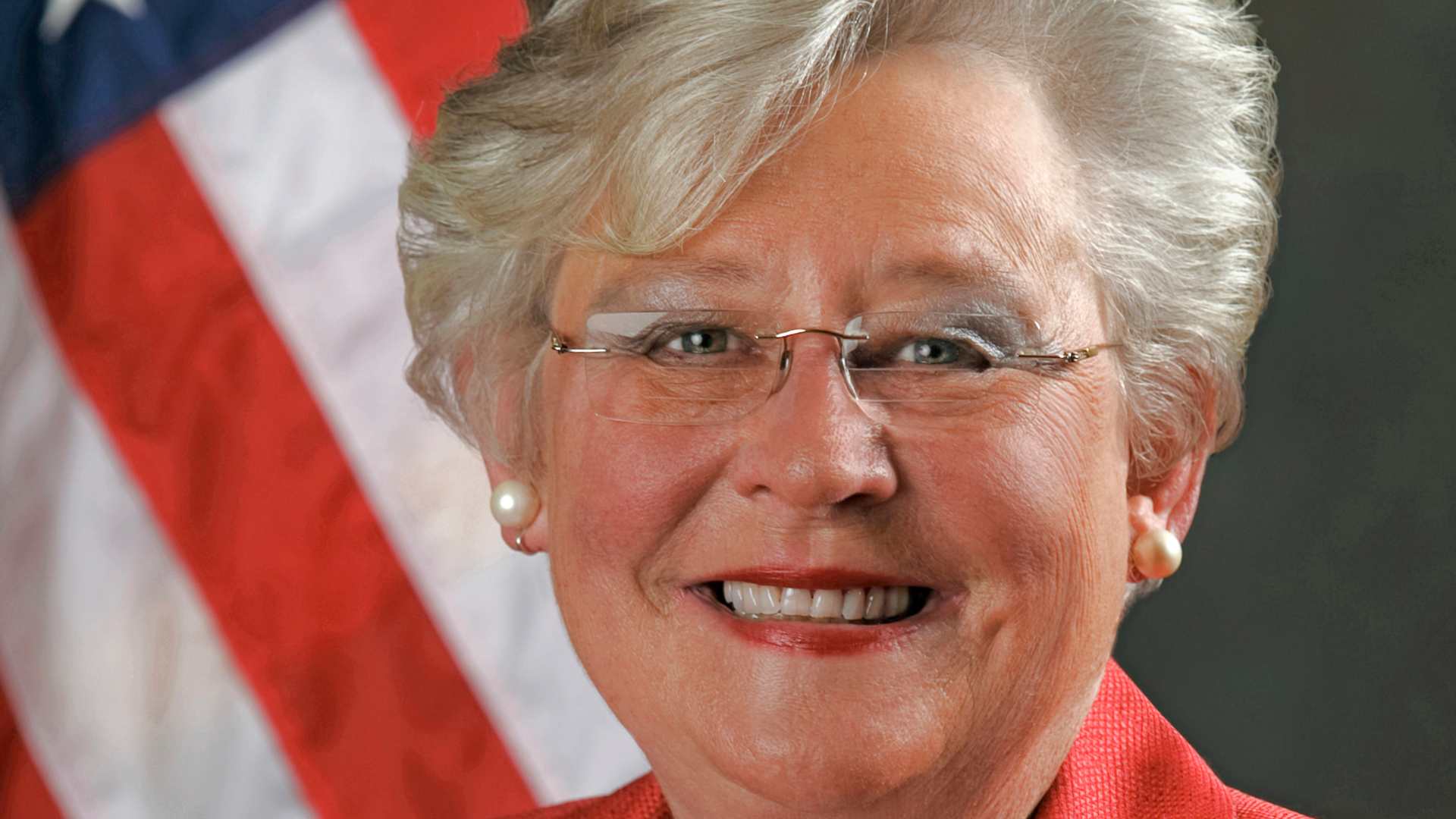
The governor of Alabama, Kay Ivey, celebrated the passage of the bill into law, remarking how it would help put a stop to a liberal movement that Alabama voters don’t want.
In a statement Ivey showed to CNN, Ivey talked about how her administration “will continue to value Alabama’s rich diversity.” She vowed to stop this “liberal political movement counter to what the majority of Alabamians believe.”
What’s in the Law?
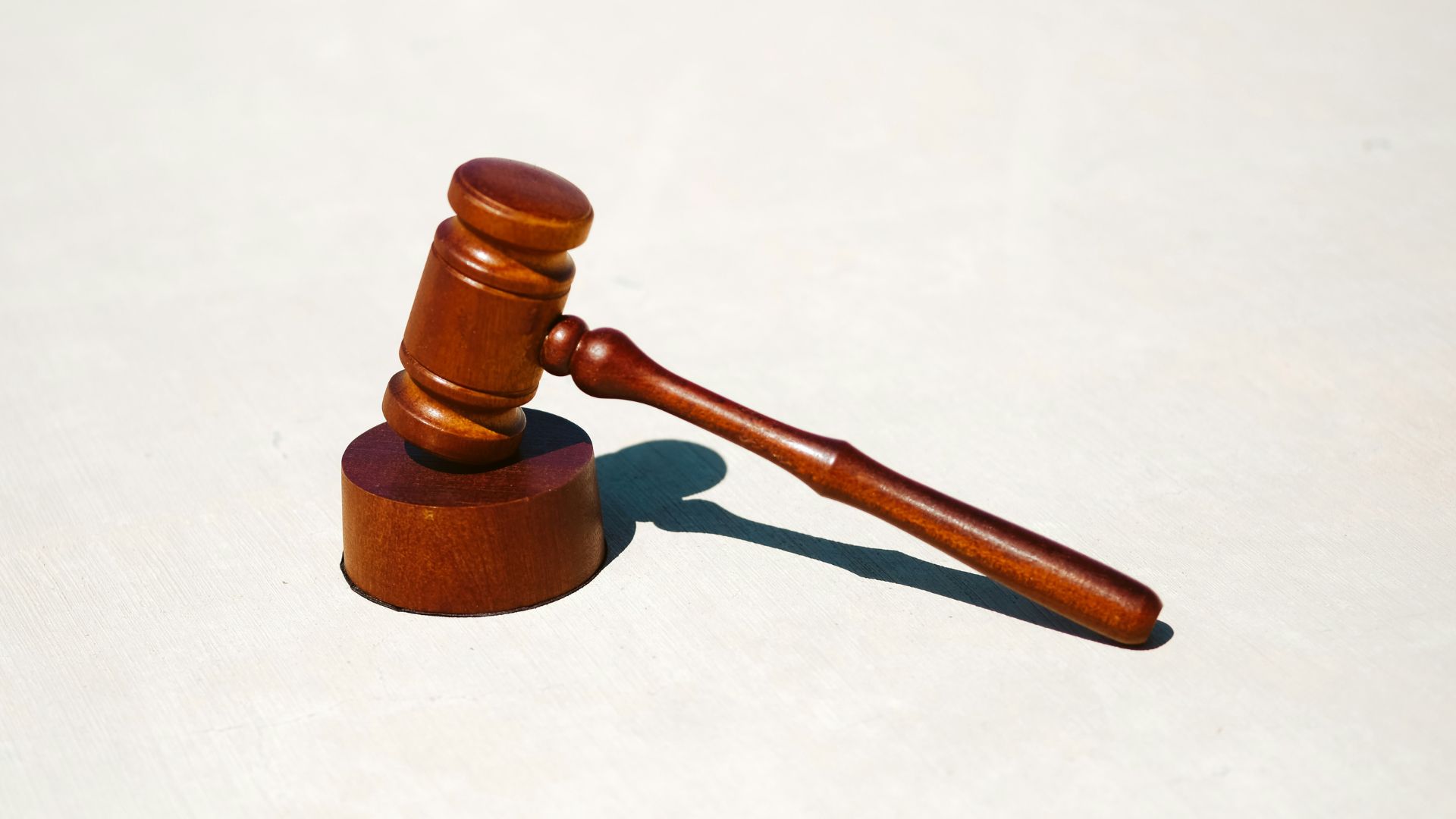
The law outlines provisions and circumstances in which DEI programs are no longer allowed to be funded or supported by public institutions.
These programs include “Any program, class, training, seminar, or other event where attendance is based on an individual’s race, sex, gender identity, ethnicity, national origin, or sexual orientation, or that otherwise violates this act,” the law reads.
Events Are Allowed If Not Sponsored

In the language of SB129, DEI events can still take place, but they cannot use any state funds.
“Nothing in this act: Prevents student, staff, or faculty organizations or associations from hosting diversity, equity, and inclusion programs or discussions that may involve divisive concepts, provided that no state funds are used to sponsor these programs,” the law says.
Sponsor Must be Identified

If a DEI event takes place, the law makes it clear that the sponsor must be clearly identified so people don’t confuse the state with sponsoring it.
“If a student, staff, or faculty organization or association hosts an event pursuant to this subdivision, it shall identify the sponsor of the event at the event and in any advertisements relating to the event,” SB129 says.
Law Exceptions
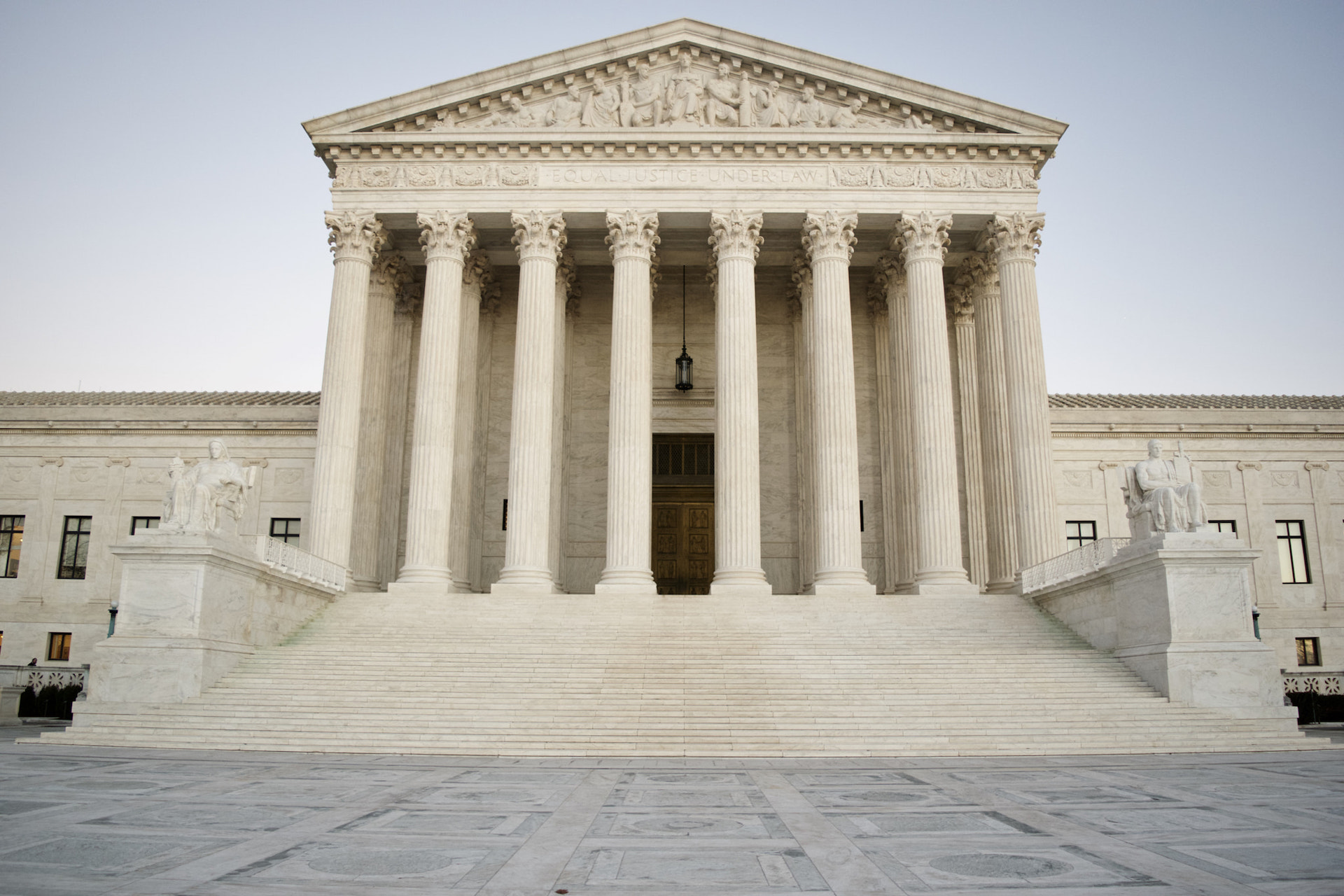
SB129 spells out a few exceptions that may apply to certain programs, but they are limited and only in regard to compliance with other types of government authority.
“This term does not include programs, classes, trainings, seminars, or other events that are necessary to comply with applicable state law, federal law, or court order,” the law says.
Bathroom Provision
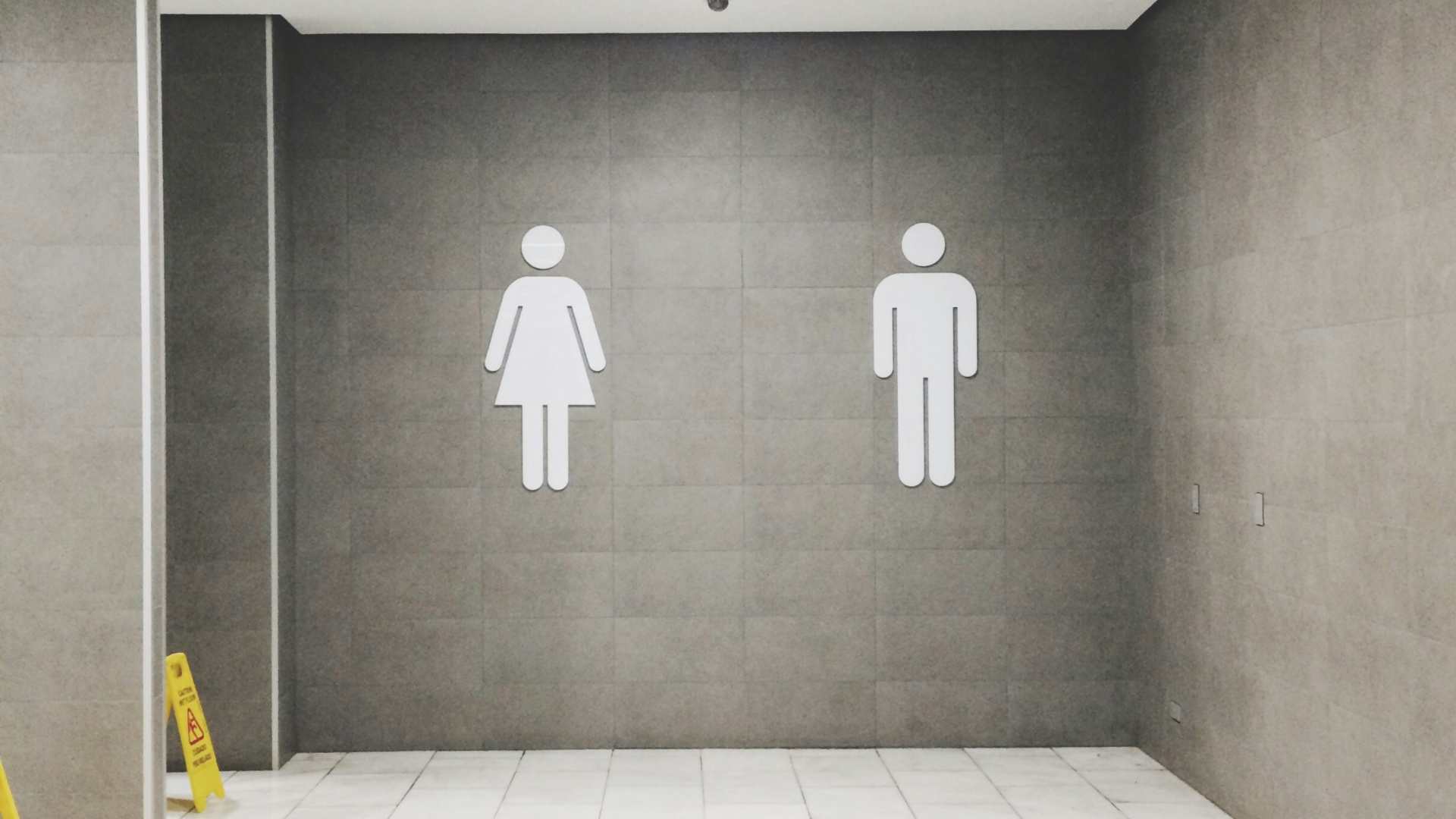
While this law is focused on DEI programs, another major part of it involves restricting bathroom usage at public universities.
The law will “require public institutions of higher education to designate restrooms on the basis of biological sex; and to authorize certain penalties for violation,” SB129 says.
Critical Response
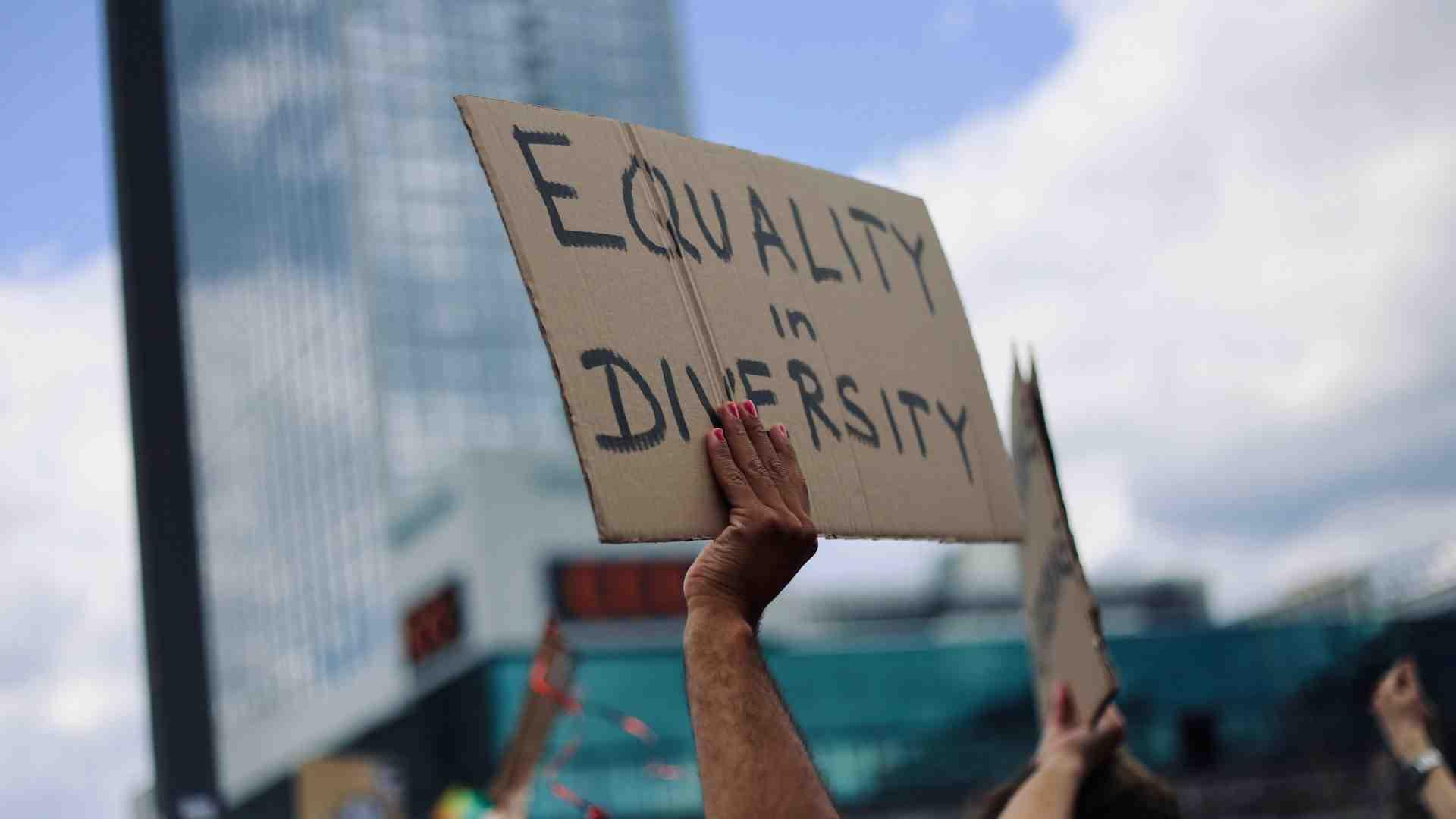
In anticipation of the bill being passed, protestors in Alabama held a rally outside the state capitol earlier in the month. Some of the protesters held signs that said things like “Democracy thrives on Diversity” and “DEI saves lives.”
Multiple student organizations were present at the protests. These include the Queer Student Association (QSA), Black Faculty and Staff Association Ambassadors, and the Hispanic-Latino Association.
ACLU Slams New Law
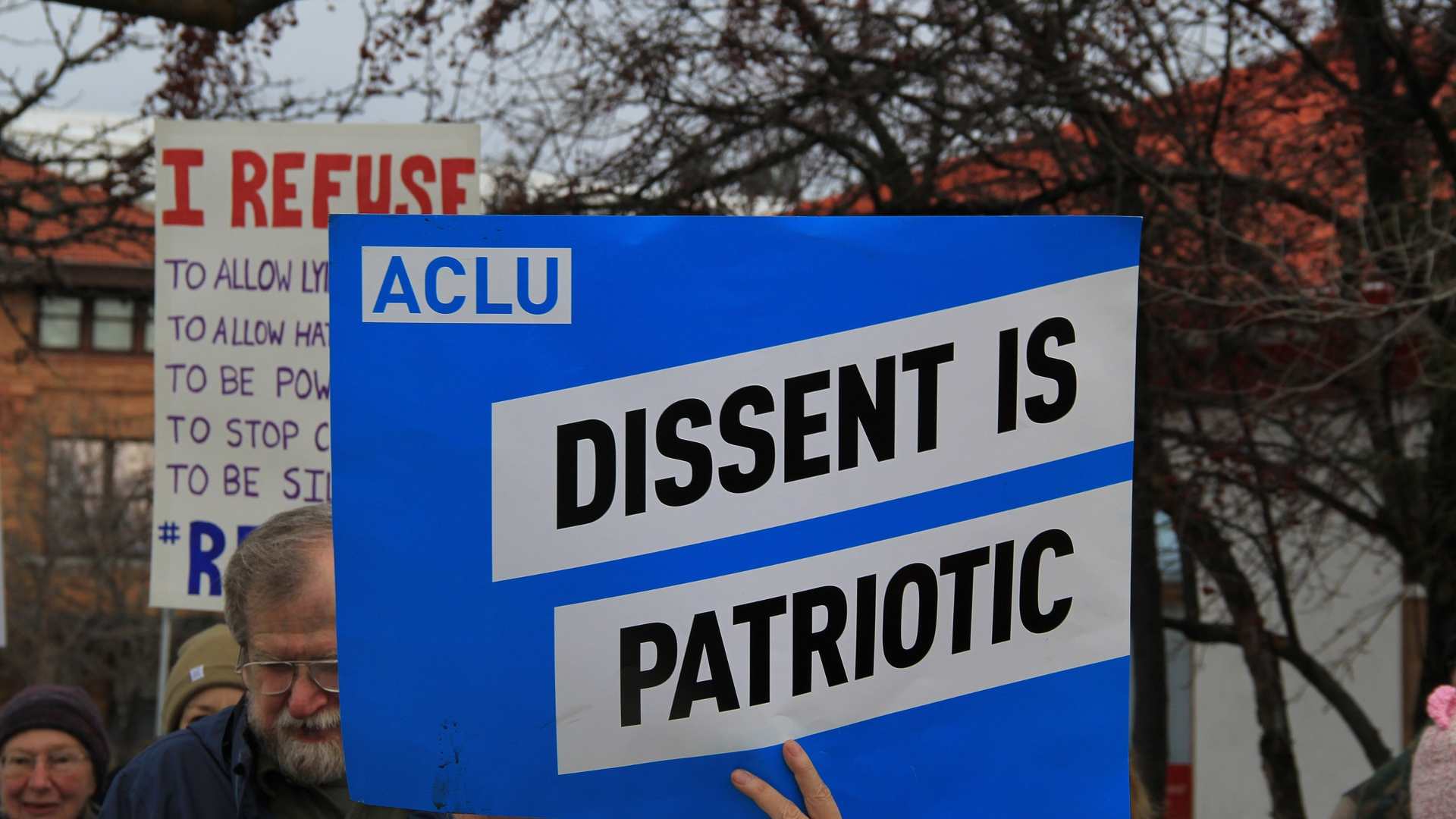
The American Civil Liberties Union (ACLU) of Alabama put out a statement harshly criticizing the law.
“This bill is intended to have a chilling effect on discourse regarding race, class, sexuality, and national origin, and seeks to characterize these discussions and accurate teachings, assignments, and trainings that also supplement them as ‘divisive,” their statement said.
DEI Supporters Aim to Fight Back

Politicians like Birmingham Mayor Randal Woodfin promised that if the bill passed they would do their best effort to help black athletes attend universities outside of Alabama in protest.
“Although I’m the biggest Bama fan, I have no problem organizing Black parents and athletes to attend other institutions outside of the state where diversity and inclusion are prioritized,” Woddfin said in a February Facebook post.
A Country Divided
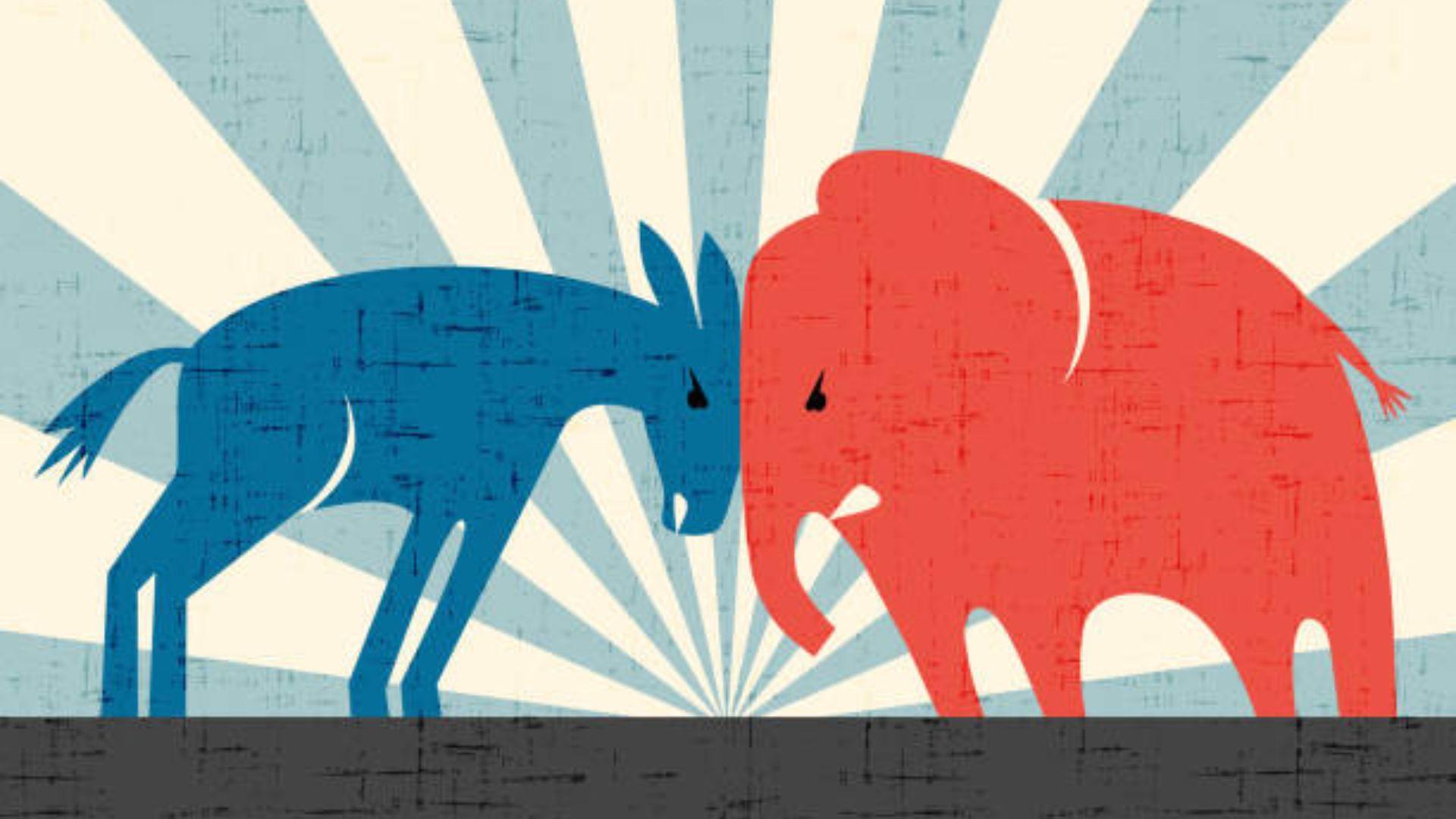
The political fight for DEI is being fought on multiple fronts in the country. DEI programs are taught in higher learning centers, but other fronts include DEI positions and training in America’s businesses.
A Marist National Poll found that although a majority of Americans believe diversity makes the country stronger, only 28% strongly support mandatory DEI training in the workplace.
